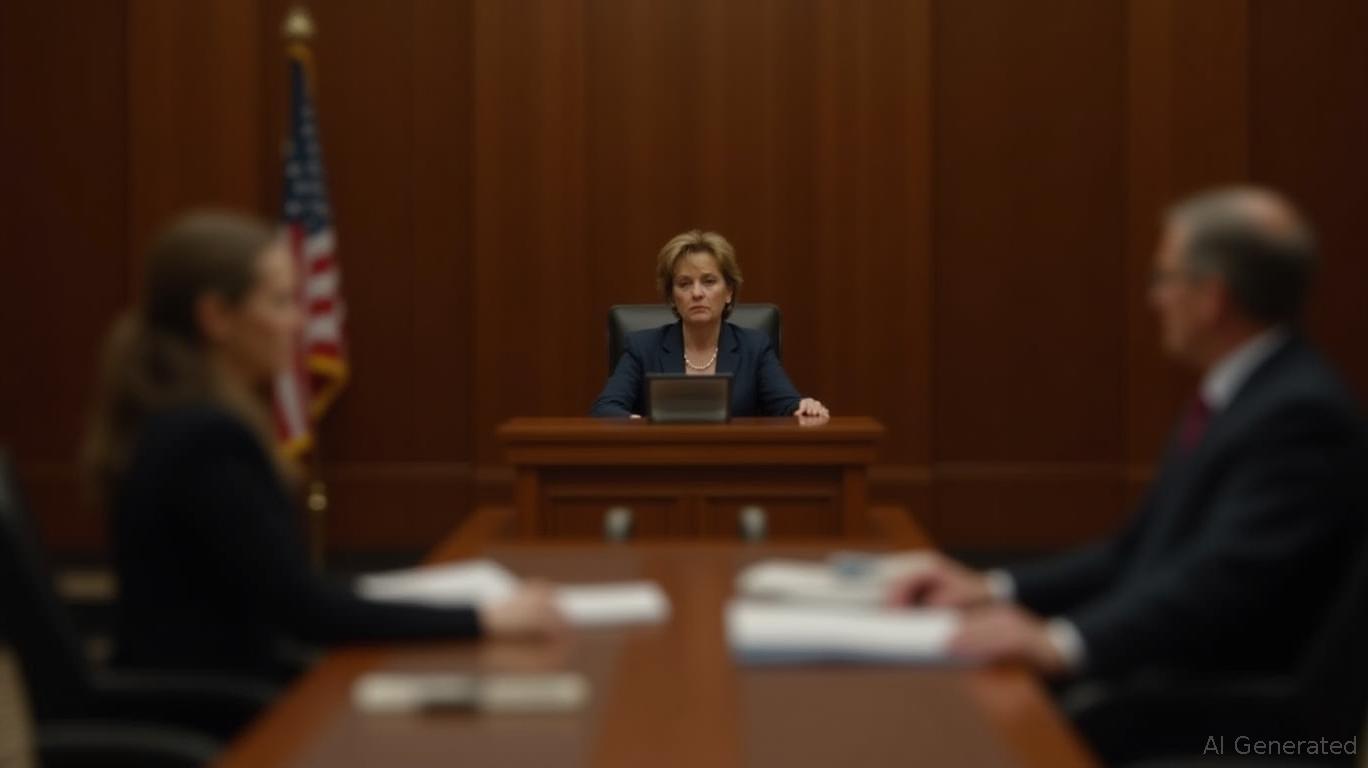Supreme Court Ruling May Reshape Balance Between Executive and Congressional Authority on Trade
This week, the U.S. Supreme Court will consider arguments regarding the legality of President Donald Trump’s broad international tariffs, a pivotal case that could shift the division of authority over trade policy between Congress and the executive branch. The outcome will decide whether Trump’s application of the International Emergency Economic Powers Act (IEEPA) to levy tariffs on nearly all trading partners oversteps presidential powers, with specialists in law and economics cautioning about significant economic and geopolitical ramifications.
Trump’s tariffs, announced as part of “Liberation Day,” set a standard 10% duty on most imported goods, with extra charges for nations such as China, Canada, and Mexico. The administration has justified these actions as necessary to address trade imbalances and the fentanyl epidemic. Trump has described the case as critical to his economic platform, warning that a defeat would leave the country “defenseless” and “destroyed”—

The central issue is whether IEEPA—which was originally intended for sanctions and emergency financial measures—can lawfully be used to impose tariffs. The Federal Circuit Court previously ruled in favor of opponents, including small businesses and states led by Democrats, stating that Trump’s reading of the law breaches the “major questions doctrine,” which demands clear congressional approval for actions with major economic impact. The court also pointed out that IEEPA has never before been used for tariffs, marking a significant shift from its traditional use, as highlighted by AL.com.
Treasury Secretary Scott Bessent, who will be present for the hearings, has said the administration is ready to pivot to other legal options if the Supreme Court rules against Trump. These alternatives include Section 232 tariffs on national security grounds and temporary actions under the Trade Act, though these are more limited than those based on IEEPA. Experts caution that striking down the tariffs could lead to demands for refunds of billions in tariff revenue and disrupt the administration’s fiscal plans, which depend on these funds to balance tax reductions, a point noted by AL.com.
This case also has major consequences for international trade relationships. Trump’s tariffs have led to retaliatory actions from other countries and increased economic instability, with nations like Canada and Mexico renegotiating agreements to reduce negative impacts, as detailed in an
Legal experts emphasize that the Supreme Court’s ruling will set a standard for presidential authority, with implications extending beyond tariffs. A decision that restricts Trump’s powers could limit future presidents’ ability to unilaterally alter trade policy, reinforcing congressional checks. On the other hand, a victory for the administration could encourage further expansion of executive power, consistent with Trump’s broader efforts to centralize control over immigration, military actions, and regulatory bodies.
As the justices deliberate, the political stakes are also considerable. Trump has chosen not to attend the proceedings, saying he does not want to “distract from the significance” of the decision, according to
The Supreme Court’s forthcoming decision will not only determine the immediate future of Trump’s tariffs but also reshape the legal framework of U.S. trade policy for years to come.